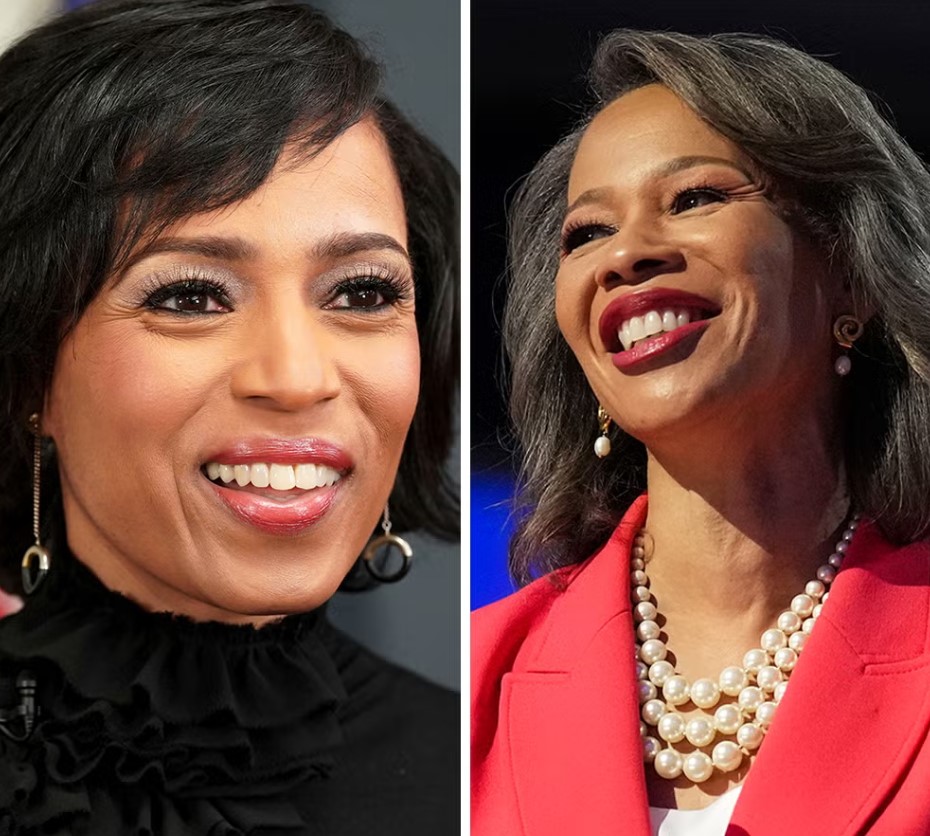Amidst dynamic shifts in global power structures and alliances, the landscape of international politics continues to evolve. States are redefining their roles on the world stage, influenced by economic strategies, cultural exchanges, and technological advancements. This article provides a comprehensive look at the latest international political news and the pivotal developments shaping global diplomacy.
Shifts in Power Dynamics
The Rise of Emerging Economies
In recent years, emerging economies such as India, Brazil, and China have become influential players in global politics. Their economic growth and increased participation in international organizations have set new precedents in addressing global challenges such as climate change and poverty alleviation. The expansion of these nations’ economic and political influence represents a significant shift in the global balance of power, contributing to a more multipolar world.
Strategic Alliances and Conflicts
The geopolitical landscape is marked by strategic alliances and tensions among major powers. Recent events have underscored the importance of diplomatic negotiations in conflict zones, as international political news highlights ongoing dialogues among world leaders. For instance, renewed tensions in the South China Sea have called for diplomatic engagement to prevent escalation. Meanwhile, alliances such as NATO continue to adapt to new threats and foster security cooperation among member states.
Advancements in Climate Diplomacy
Collaborative Efforts on Climate Change
Climate change remains a primary focus of international diplomacy, with nations striving to meet their commitments under the Paris Agreement. Recent international political news has spotlighted the collaborative efforts to reduce carbon emissions and promote sustainable development. Spearheaded by countries within the European Union and supported by technological advances in renewable energy, these initiatives aim to curb global warming and preserve biodiversity. Diplomatic efforts are crucial for creating equitable frameworks that balance economic ambitions with environmental responsibilities.
The Role of Global Summits
Global summits such as COP26 serve as pivotal platforms for advancing climate diplomacy. They offer opportunities for nations to negotiate policies, share technological innovations, and provide support to developing countries suffering the most from climate impacts. These summits underscore the interconnected nature of today’s geopolitical discussions and the urgent need for collective action.
Technological Impact on Diplomacy
Cybersecurity as a Diplomatic Priority
The realm of international political news increasingly emphasizes the role of technology in shaping diplomacy. As cyber threats grow more sophisticated, nations worldwide prioritize cybersecurity as a component of their diplomatic strategies. The rise of cyberattacks targeting critical infrastructure has led to international collaborations focused on strengthening defenses. Diplomatic channels play a vital role in drafting international norms and treaties that address the challenges posed by digital warfare.
Digital Collaboration and Negotiation
Technology advances are not limited to threats; they also offer new collaboration opportunities. Virtual meetings and digital platforms allow diplomatic negotiations to proceed despite physical constraints. These tools have facilitated ongoing dialogues on pressing issues, ensuring that international political news remains vibrant and responsive to global events. Digital diplomacy is further enhancing engagement with global audiences, building bridges for cross-border understanding and cooperation.
Economic Diplomacy and Trade Agreements
Strengthening Economic Ties
Economic diplomacy is central to international political news, reflecting nations’ efforts to promote trade and investment relations. Countries leverage economic ties to enhance diplomatic contacts, negotiating trade agreements that secure markets for goods and services. Recent developments in economic diplomacy have focused on resolving trade disputes and forming new partnerships to stimulate economic recovery post-pandemic.
Impact of Global Trade Policies
Current global trade policies have a profound influence on political dynamics, shaping the economic landscape and affecting domestic economies. As countries navigate the complexities of international trade, they must balance protectionist tendencies with the need for open markets. Successful economic diplomacy requires adept negotiation skills and an understanding of shifting economic trends.
Humanitarian Diplomacy and Global Crises
Addressing Humanitarian Challenges
Humanitarian concerns have become focal points in international political news, with global diplomacy addressing crises such as displacement, food security, and public health threats. Recent diplomatic efforts have involved coordinating aid to countries grappling with natural disasters and conflict, emphasizing the importance of multilateral cooperation. International humanitarian organizations play a crucial role in providing assistance and advocating for the protection of human rights.
The Intersection of Health and Diplomacy
The COVID-19 pandemic underscored the interconnectedness of health and global diplomacy. Nations have collaborated to address vaccine distribution, medical research, and health system strengthening. This partnership illustrates the importance of scientific exchange and diplomacy in tackling global health challenges. Enhanced international cooperation is essential for building resilient health systems capable of responding to future crises.
Cultural Diplomacy and Soft Power
Fostering Cross-Cultural Understanding
Beyond the sphere of hard power, cultural diplomacy emphasizes the value of building relationships through cultural exchange, education, and artistic collaboration. Countries utilize cultural diplomacy to promote cross-cultural understanding, leveraging their historical and cultural assets to enhance their soft power. Current international political news highlights how initiatives like student exchange programs and international festivals foster goodwill among nations.
The Influence of Media and Communication
Media and communication play influential roles in cultural diplomacy, shaping perceptions and narratives on the global stage. In an age marked by interconnectivity, social media platforms have become powerful tools for public diplomacy, making international political news readily accessible and fostering real-time engagement. Media scrutiny and public opinion significantly impact diplomatic relations and policymaking.
Conclusion
As international political news continues to evolve, a deeper understanding of the key developments in global diplomacy is crucial. The interplay of economic strategies, technological advancements, humanitarian efforts, and cultural exchange underscores the complexity of modern diplomacy. It requires nations to engage in innovative and collaborative approaches to address global challenges effectively. In an ever-changing world, diplomacy remains a vital instrument for peace, stability, and mutual prosperity.










